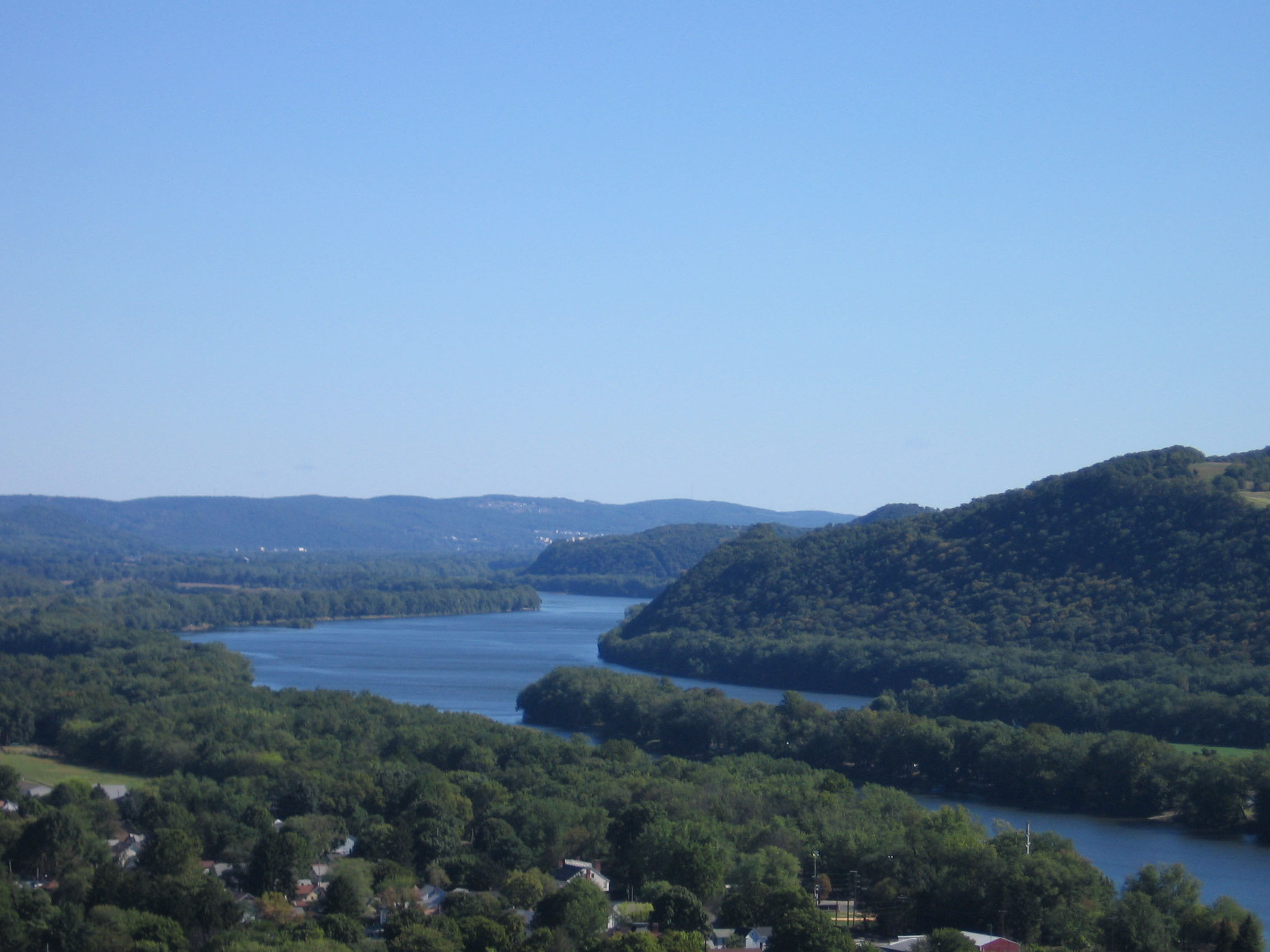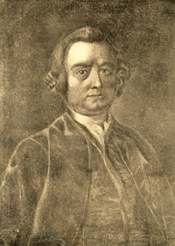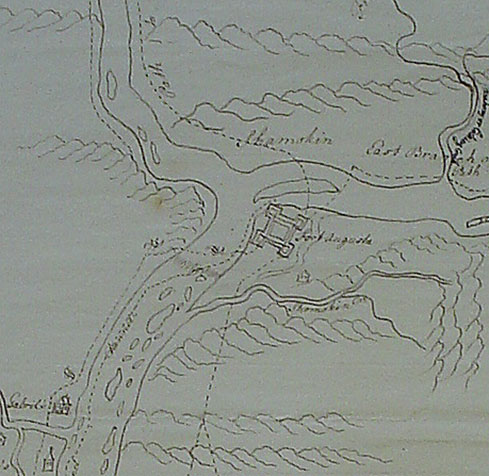
Founding of Sunbury:
1772-1830
Shikellamy’s lack of respect for the Delaware Indians led Conrad Weiser to scorn their behavior and mistrust their confidences. Thus it was Weiser who encouraged the Penn family, who had dealt with the Delaware for nearly fifty years, to neglect the old friendship in an effort to bargain with the Iroquois, the “rulers” of the land. This undoubtedly upset the Delaware and increased the tensions that eventually led to the French and Indian War.
On November 5, 1768 at Fort Stanwix, New York the Penn family purchased 4,766 acres from the Six Nations. By December 19 th the new acquisition was given the name Manor of Pomfret after the Earl of Pomfret, Thomas Penn’s father-in-law. Ten percent of the land was kept as personal property and ninety percent for the province. Four years later the land, which was the most northern settled portion of Pennsylvania, was named as a Pennsylvania County, Northumberland, in honor of the northern most English shire and on June 16 Governor Richard Penn Jr.,
 |
Richard Penn Jr. |
the grandson of William Penn, and the provincial council ordered the surveyor general, John Lukens and William Maclay to lay out a town for the county seat between Fort Augusta and the mouth of the Shamokin Creek. The name for the town was chosen before the surveyor had even begun. It was to be called Sunbury, after an English village, located fifteen miles above London, along the Thames River.
It had previously been the custom to give the county seat the same name as the seat of the English Shire for which the county was named. However, Newcastle-on-Tyne was the name of the Northumberland town, and Newcastle had already been named in an earlier county. Furthermore, Richard Penn Sr.’s will reveals that the Penn family owned a home in Sunbury, England called the ‘Batavia House’; thus it is most likely that Richard Penn Jr. was either born or raised in Sunbury, England.
The origin of the name can be traced back to the Saxons who named it after their Lord Sunna, who founded the English town. It was first known as “Sunna’s Burh”, “Sunna’s Haw”, Sunnanbyrig, Suneberie, and eventually evolved into Sunbury.
